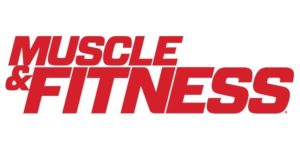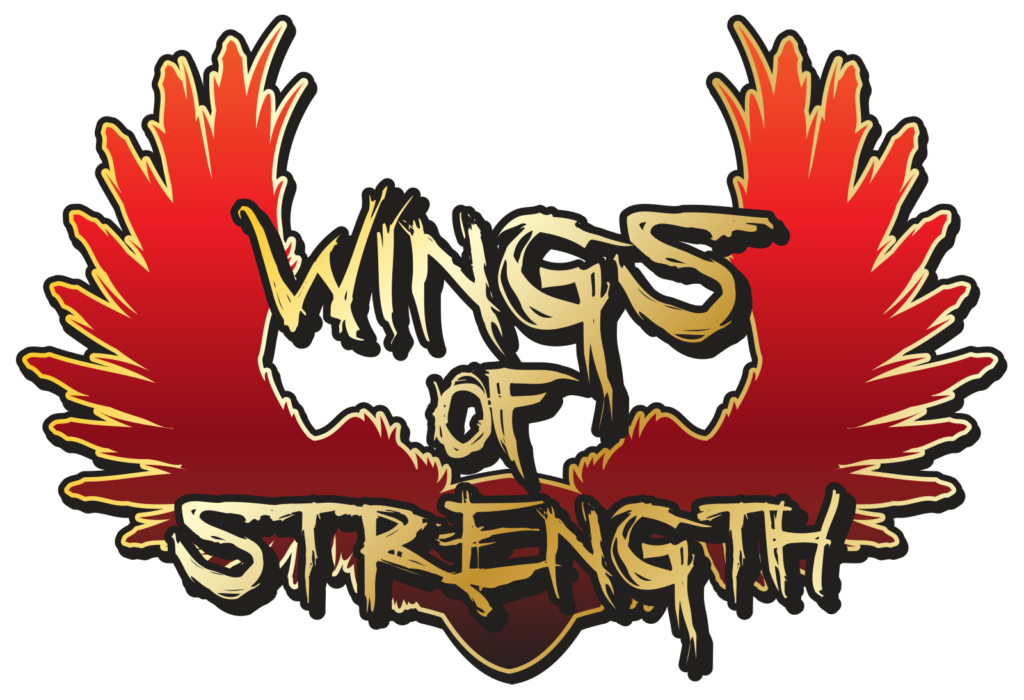 By Gigi Amurao
By Gigi Amurao
“If I’m working out, why do I feel bulky?” and “Why am I gaining weight?” are among the most frequent questions I get from my female clients. It’s a common concern for many women, me included. It’s frustrating to work hard and not see or feel the benefits. Still, it doesn’t happen to everyone, so don’t use this as an excuse not to exercise!
There are few things that could be going on, all of which are fixable.
1) Temporary Inflammation
If you do gain weight when starting a new fitness workout, don’t stress—it’s completely normal and temporary. Most likely that gain is not fat but, rather, temporary water weight due to inflammation. Give it some time and it will pass.
When you work out, it causes little tears, or microtrauma, in your muscle fibers, and that’s the reason you feel sore after a workout. Through proper nutrition, your body’s natural healing powers, and the process of adaptation, your body heals the microtrauma, making the fibers tougher than they were before. That’s how you become stronger and fitter.
When you have an injury, including microtrauma, your body releases substances known as inflammatory mediators that surround the area, bringing in healing white blood cells and opening up blood vessels to flush out debris and toxins. The area swells up, or inflames, as your muscle holds onto water in order to heal. The weight of the fluid required for the inflammatory response is the reason your scale goes up after you start a new fitness regimen.
If you’re new to weight training or just new to fitness in general, there’s going to be a lot of adaptation and, therefore, a noticeable level of inflammation. Don’t worry, though. Just rest, drink plenty of water, and follow a good diet, and it will subside in a couple weeks.
2) Gains
Another, less-likely, reason you’re gaining weight is that you’re building muscle faster than you’re shedding fat. Generally, the most muscle that someone new to fitness will gain is about one to two pounds a month, but that can vary. So, when my clients tell me that their legs are looking fat due to weight training, it’s because the increased muscle under the fat is pushing out the fat, making their legs increase in diameter. That will change once the fat burns off, which it will if you are consistent with your program.
3) You’re Stressed
Exercise is a good thing, but it also puts your body under stress. If you pile exercise stress on top of your other life stresses—or if you work out beyond your limits, overtraining—the balance will be lost. Exercise will add to your total stress load, becoming part of the problem as opposed to the solution.
So, if you work 15 hours a day, drink alcohol most nights, smoke, sleep less than seven hours a night, have a chronic injury, eat junk food, and/or are overweight, exercise will tax your body just the same as all those bad habits. It can actually cause weight gain, as it increases the release of the stress hormone cortisol, which, in turn, can trigger fat accumulation, especially around your midsection. 
4) You Skimp on Cardio
I don’t care what anyone says. Strength-training exercises alone don’t burn enough calories to cause weight loss. You need to do cardio as well. I’m not suggesting that you forget lifting and just be a cardio bunny; however, doing a mix of the two types of exercise brings the best results. Aim for at least three strength-training workouts and three or four 30-to-45-minute cardio workouts per week.
5) Your Diet Sucks
Dieting to lose weight is like marriage. You can’t cheat and expect it to work. If you’re feeling bulky and not as lean as you should be, even though you have been hitting the gym consistently, that could be the reason. If you’re not following a proper diet, you actually may be putting on fat. Yes, exercise burns calories, but it also increases the release of ghrelin, a hormone that promotes hunger. So, if you’re not paying attention to your portion size, you’re probably eating more, which is counterproductive to losing weight. Even when you are watching your calories, poor food choices can lead to all kinds of issues, often involving hormone imbalances that cause your body to hold fat.
Many people skip breakfast, which may seem like a good way to cut calories, but it’s not a good idea when you’re trying to lose weight. Skipping one meal can cause you to overeat at the next, and unless you’re counting your calories closely, you can actually gain weight instead of losing it. A better plan is to eat about three balanced meals and two small snack each day. Limit processed foods or those that are high in saturated fat and sugar. Concentrate on nutritious whole foods like fruits, vegetables, whole grains, and lean meats. Foods high in protein or fiber help increase feelings of fullness, so make sure to get a mix of protein and high-fiber foods at every meal and snack.
Be patient, and don’t stop exercising just because you feel fat or the scale isn’t moving downward! Fitness is a lifestyle. You have to work at it every day. Give your body a couple of weeks to adjust, and if it doesn’t, take a step back and see if one of the above aspects of your life needs to be adjusted.
As an IFBB bikini pro, a certified personal trainer, nutritionist, online coach, fitness model and TV host, Gigi Amurao blasted onto the competitive bikini scene in 2012. A lifelong athlete who excelled in collegiate lacrosse and gymnastics, she earned an MBA in marketing and an advanced certificate in sports and entertainment management and enjoyed a career in network advertising before finding her passion in helping others achieve their fitness goals. As a model, she’s appeared in Muscle & Fitness Hers, Inside Fitness, and Flex Magazine. DigitalMuscle.com is proud to feature Gigi here in her own featured blog!






